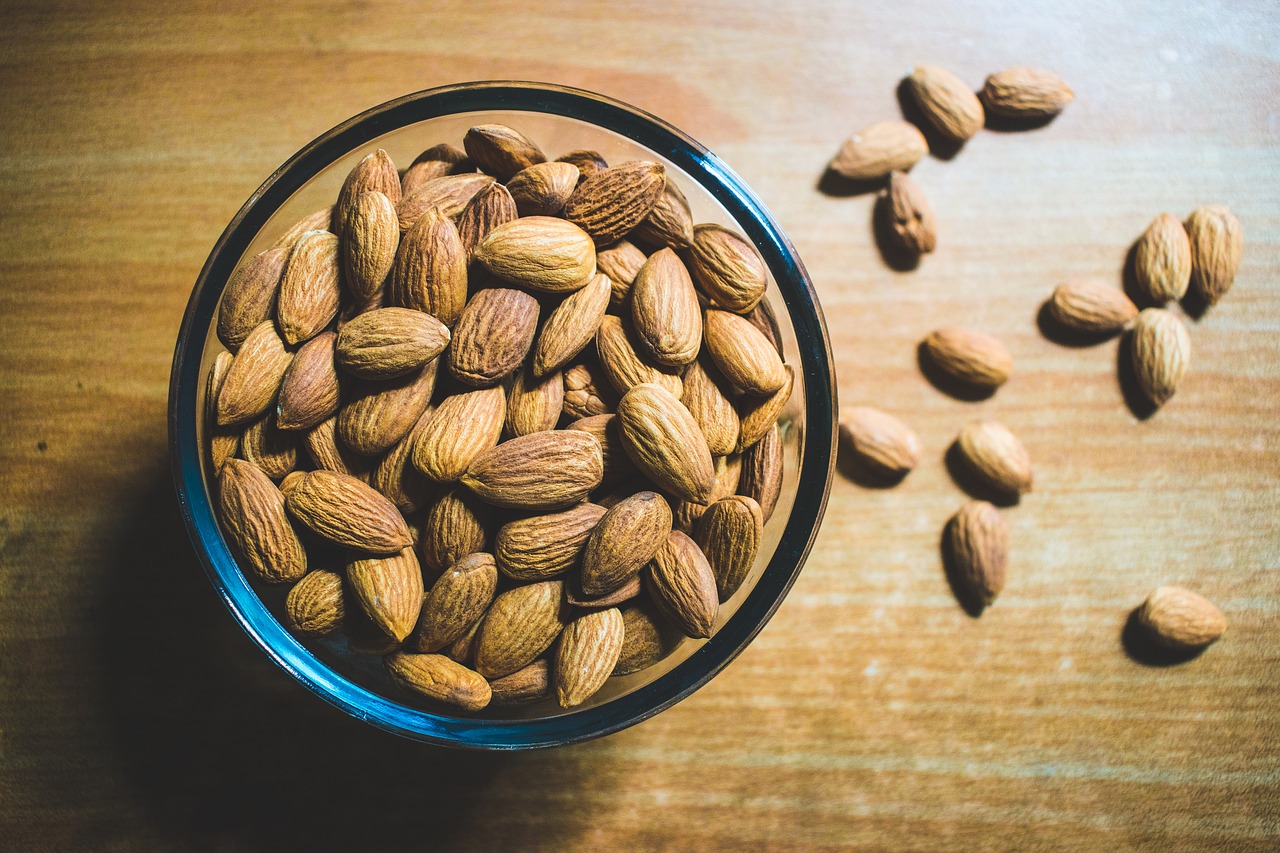High Fiber Diet: Types of Food & Health Benefits
Are you roaming on the web searching for the best fiber diet and its benefits but did not find anything worth noting? Then you have landed on the right address.
Fiber is an incredibly vital diet. Like protein, carbohydrate, fat, and vitamins, a high amount of fiber is needed daily by the human body. Doctors and dietitians worry about the deficiency of fiber as modern studies show that ninety percent of people worldwide go through fiber deficiency and its related problems. This article will unfold all the essentialities of fiber.
What is Fiber?
Fiber is a form of complex carbohydrate mainly found in plant foods like fruits and vegetables. The human body cannot break down fibers but uses them through the biomes in the gut. There are two types of fiber: soluble and insoluble. Both of them are necessary for good health.
As HealthCanal brings a right awareness on the usage of Fiber, it shows that fiber significantly decreases the chance of developing some chronic diseases like colon cancer, blood pressure, constipation, bad cholesterol, and type 2 diabetics.
Soluble fiber
Soluble fiber mixes with water and helps to digest foods. Soluble fiber is found in wheat, brown rice, potato, peas, and other vegetables. This type of fiber creates a kind of jelly to ease bowel movement and helps to reduce LDL cholesterol and blood pressure.
Insoluble fiber
Insoluble fiber does not mingle with water and is directly pushed to the intestines, where the biomes break them and strengthen the body’s metabolism. Insoluble fiber also helps to put extra weight on the stool for a comfortable release.
The High Fiber Diets
The sources of fiber are numerous, and it becomes hard to choose the right food. It is not possible to go for everything that contains fiber. That is why this article will help you to select the best dietary fibers along with their benefits.
Avocado
Avocado is among the most well-known and distinctive fruits. It contains a high amount of fiber. A hundred grams of avocado can give 6.7 grams of fiber. It also has carbohydrates and healthy fats. You can eat it or make juice out of it.
Raspberries
Raspberries are flavorful and contain vitamin c and manganese. It has high nutrients. One cup of raw strawberries can give you 8 grams of fiber. You can also eat them directly.
Artichoke
The french or green artichoke is highly nutritious. Although, it does not often come in the headlines. Apart from fiber, it has other important vitamins and minerals. You can roast them or eat them raw. One hundred grams of artichoke contains 5.4 grams of fiber.
Brussels sprouts
Brussels sprouts belong to the cabbage family and are similar to broccoli. They contain a high amount of vitamin K, folate, potassium, and antioxidants that decrease the chance of cancer and obesity. One cup of raw sprouts gives 3.3 grams of fiber. You can take Brussels with bacon or other ingredients.
Lentils
Lentils are the most popular, cheap, and nutritious food available in the market. It contains protein, fiber, and several vitamins to fulfill daily needs. One can easily avail Lentils from the market. One cup of cooked lentils includes 13.1 grams of fiber. You can make lentil soup for a better taste.
Chickpeas
Chickpeas are a type of legume with protein, vitamins, and several vital minerals. Chickpeas can be taken in various ways. You can wet them and take them in the morning or make light dishes with them. One cup of cooked chickpeas has approximately 13 grams of fiber.
Almonds
Among the most prominent tree nuts is almonds. Almonds have numerous healthy fats, fiber, manganese, vitamin E, magnesium, etc. Almonds can be taken directly or made into flour. Three teaspoons of almond flour contain 4 grams of fiber.
Cabbages and Leafy Greens
Cabbage and leafy greens are rich in fiber and minerals. Apart from that, they also contain antioxidants. You can eat cabbages and leafy greens for breakfast or dinner.
Fiber is also found in oats, wheat, barley, brown rice, apples, guava, and almost every type of fruit. Fresh fruits and veggies are rich sources of fiber. Lindsey Desoto, a Registered Dietitian Nutritionist in Mississippi also confirmed that a pill of a blend of fruits, vegetables and other essential ingredients is a convenient way to get your daily fiber needs.
Benefits of Fiber
The benefits of fiber are as follows.
- Low cholesterol level.
- Less prone to colon cancer and type 2 diabetics.
- Comfortable bowel movement.
- Relief from developing chronic constipation.
- Controlled blood pressure.
- Improved metabolism.
- Strong cardiovascular muscle.
- Powerful digestive system.
Fiber Intake
Studies show that men, on average, need 25 to 50 grams of fiber regularly, and women need 25 to 30 grams of fiber daily. Although it differs individually, you must consult a doctor for more clarity.
Takeaways
Thus fiber is a great nutrient. Introduce it slowly to your diet and increase it over time. Excessive fiber may lead to vomiting, abdominal pain, and loose motion. Before taking fiber, consult with your doctor. Your doctor may recommend you a different type of dietary fiber based on your physical condition.

